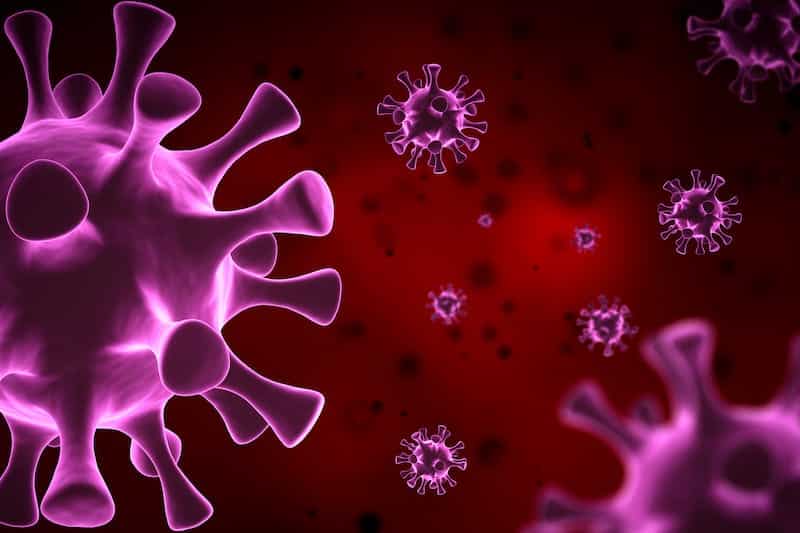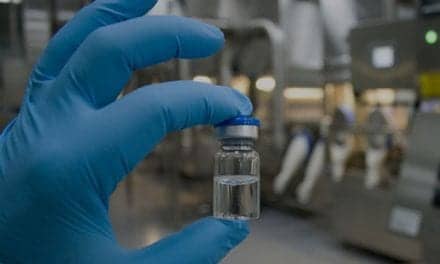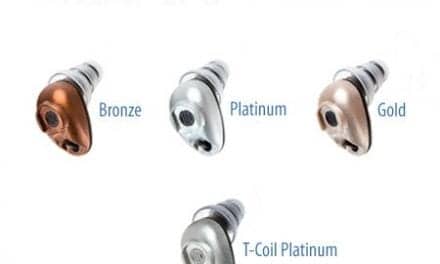Summary:
Researchers at Sacramento State are exploring how therapy techniques used for brain injuries and auditory processing disorders may help relieve cognitive, hearing, and communication issues in long COVID patients.
Key Takeaways:
- The study targets long COVID symptoms such as brain fog, memory issues, and hearing/speech difficulties using proven therapeutic methods.
- Preliminary results show participants are experiencing measurable cognitive improvements after therapy.
- This research is among the few to address hearing issues in long COVID and to include active treatment, with plans to expand using brain imaging.
Months or even years after recovering from their initial infections, many COVID-19 survivors still suffer from a host of lingering illnesses. Their thinking is sometimes foggy. They have memory deficits and hearing and speech difficulties, among other issues.
New research from faculty at the California State University at Sacramento, however, may provide hope.
A pair of Sac State professors are studying the link between such symptoms and COVID infection and providing therapy that typically is used to treat patients with brain injuries and auditory processing problems.
Though the study is in its early stages, the approach seems to be working for some participants.
“So far, it looks really promising,” says Lisa D’Angelo, an associate professor of Communication Sciences and Disorders. “People’s scores on cognitive assessment are significantly improving.”
Long COVID is a chronic condition triggered by the virus that causes COVID-19, which spawned a global pandemic in 2020. More than 200 symptoms have been linked to long COVID, including extreme fatigue, “brain fog” and memory problems, dizziness, and changes in taste and smell.
The symptoms can be disabling, leaving some patients unable to function in their jobs or effectively communicate.
D’Angelo and Soumya Venkitakrishnan, an assistant professor of Audiology, are focusing on cognitive, hearing, and communication deficits linked to long COVID. Beyond establishing a connection, however, the study also offers treatments that may help improve patients’ lives.
“Very preliminary data suggests that management of these symptoms is helping,” Venkitakrishnan says.
Ten to 15 patients who reported fighting “brain fog” after becoming infected by COVID are taking part in the pilot study.
Participants fill out a survey about their COVID history and lingering symptoms, undergo audiology testing, and receive extensive cognitive and communication assessments from the researchers.
In other tests, patients listen to words or sentences, then repeat them to gauge speech patterns and hearing issues.
“We are working on conditioning the brain to make new connections based on what we are teaching,” says D’Angelo, who has conducted research on brain injury and recovery. “It’s a matter of them practicing, working on a skill, and applying it to their everyday lives.”
D’Angelo and Venkitakrishnan said the study is one of only a few that have explored hearing issues related to COVID. It also is among a handful of studies that have included treatment.
The Sac State professors hope to expand their research in the future, possibly using scans to detect changes in the brain before and after therapy.
Featured image: Dreamstime






Brain fog, eh? Covid vaccination (four lots) impaired my ‘left brain’ in such a way I began to struggle with basic arithmetic, while all other functions seemed normal. Same happened upon catching the actual virus, though not so strongly. I think all is well now, though there’s a lingering doubt. Hearing has not noticeably changed.